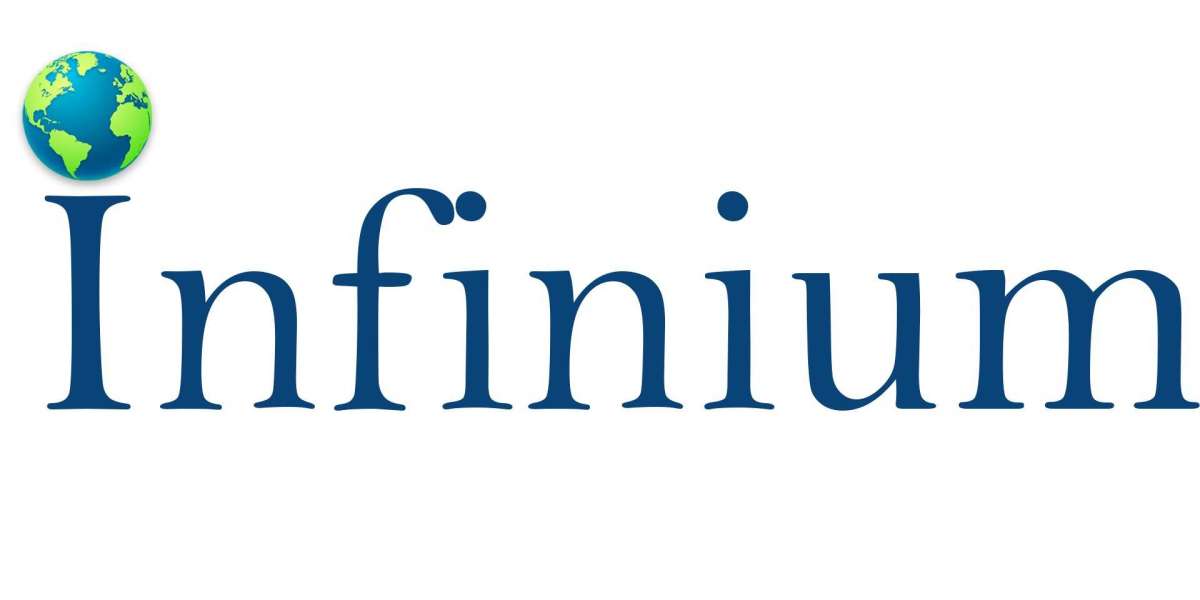Market Dynamics
Drivers
- Infrastructure Upgrades: Investments in modernizing rail networks drive TCMS demand, as new systems are needed to manage increased traffic.
- Technological Innovations: Advances in IoT, AI, and big data improve TCMS performance, offering better monitoring and maintenance.
- Safety Regulations: Strict safety standards push for the adoption of advanced TCMS to enhance safety and regulatory compliance.
- Urbanization: Increasing urban populations heighten the demand for efficient and reliable rail systems, supported by TCMS.
Challenges
- High Costs: The significant initial investment required for TCMS can be a barrier for many operators.
- Integration Issues: Incorporating TCMS with existing systems and infrastructure poses technical challenges.
- Cybersecurity Risks: As TCMS systems become more digital, protecting them from cyber threats becomes crucial.
Opportunities
- Smart Cities: Integration with smart city infrastructure offers growth opportunities for TCMS providers.
- Emerging Markets: Rapid rail infrastructure development in Asia-Pacific and Latin America presents new market opportunities.
Sample pages of Report: https://www.infiniumglobalresearch.com/reports/sample-request/1697
Regional Analysis
North America: High investments and advanced infrastructure drive the market, with the U.S. and Canada as major players.
Europe: Strong regulatory frameworks and infrastructure upgrades fuel growth, with Germany, France, and the UK leading.
Asia-Pacific: Rapid urbanization and infrastructure expansion in China and India create significant demand for TCMS.
Latin America: Growing investments in rail infrastructure drive market expansion, particularly in Brazil and Mexico.
Middle East Africa: Emerging markets are developing, with potential growth hindered by economic and political uncertainties.
Market Segmentation
By Technology:
- Signaling Systems
- Communication-Based Train Control (CBTC)
- Train Management Systems
By Application:
- Passenger Railways
- Freight Railways
By Region:
- North America
- Europe
- Asia-Pacific
- Latin America
- Middle East Africa
Competitive Landscape
- Market Share: Large players like Siemens, Alstom, and Bombardier hold significant market share due to their extensive product portfolios and global presence.
- Pricing Control: Major companies influence pricing through their scale and technology leadership, though smaller firms offer competitive alternatives.
- Small vs. Large Players: While large companies dominate, smaller and mid-sized firms challenge them domestically with innovative solutions and niche offerings.
- Key Players: Siemens, Alstom, Bombardier, Hitachi, and Thales are leading the market with advanced TCMS solutions.
Report Overview : https://www.infiniumglobalresearch.com/reports/global-train-control-and-management-systems-market
Future Outlook
- New Product Development: Ongoing innovations in TCMS technology are essential for companies to stay competitive and address emerging market needs.
- Targeting Young Consumers: Companies are increasingly focusing on younger demographics, leveraging technology and smart solutions to appeal to this market segment.
- Sustainable Products: There is a growing emphasis on sustainability, with eco-friendly TCMS solutions gaining traction among customers concerned with environmental impact.
Conclusion
The global TCMS market is poised for significant growth driven by infrastructure upgrades, technological advancements, and increasing urbanization. While challenges such as high costs and integration complexities exist, opportunities in smart city developments and emerging markets provide a positive outlook. As the market evolves, companies that focus on innovation and sustainability will likely lead the way in shaping the future of rail transportation.


